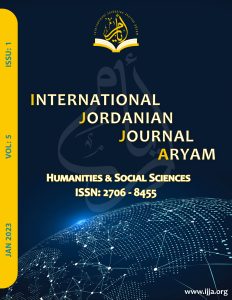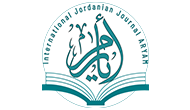Abstract: Theft is a serious crime that violates the rights of others and leads to the spread of corruption in society. According to Islamic law, theft is considered a crime, and its perpetrator must be punished. It is worth noting that Islamic law emphasizes fairness in punishments and calls for careful investigation and the provision of conclusive evidence before applying criminal penalties. It also encourages compensation for the victim in cases of theft and the return of stolen goods, if possible. This research is of paramount importance. It is essential to understand Islamic law rulings and apply them to the development of theft and its methods in light of current global developments. It is also necessary to study various laws to continuously search for the best legal rules that combat and deter this societal scourge. Our study has shown some results in this exhibition that Islamic law may be more focused on divine justice and the application of punishments, while civil laws may be more tolerant and flexible in treating criminals. Islamic law places great emphasis on crime prevention and the social reform of criminals, while civil laws can play a greater role in combating crime by establishing an effective judicial system and providing care and support to victims. We followed the descriptive and analytical approach to present the ideas, in addition to the comparative approach, to clarify the different experiences and systems that addressed the problem of theft in society.
Keywords: Theft, Punishment, Punishment theft, Discretionary theft, Islamic criminal jurisprudence, The Iraqi penal code.
DOI: https://zenodo.org/records/17222319
IJJA is a Humanities and Social Sciences publishing journal committed towards providing a platform to outstanding scientists and researchers to exhibit their findings for the furtherance of Humanities and Social Sciences.
The International Jordanian Journal, Aryam Journal of Humanities and Social Sciences (IJJA) (ISSN Online: 3006-7286) welcomes high quality contributions investigating topics in the fields of Humanities and Social Sciences.
![42cd5crossreff[1]](https://aijj.org/wp-content/uploads/2023/04/42cd5crossreff1.jpg)
![6357copenaccsess[1]](https://aijj.org/wp-content/uploads/2023/04/6357copenaccsess1.png)
![97aa6road[1]](https://aijj.org/wp-content/uploads/2023/04/97aa6road1.jpg)

